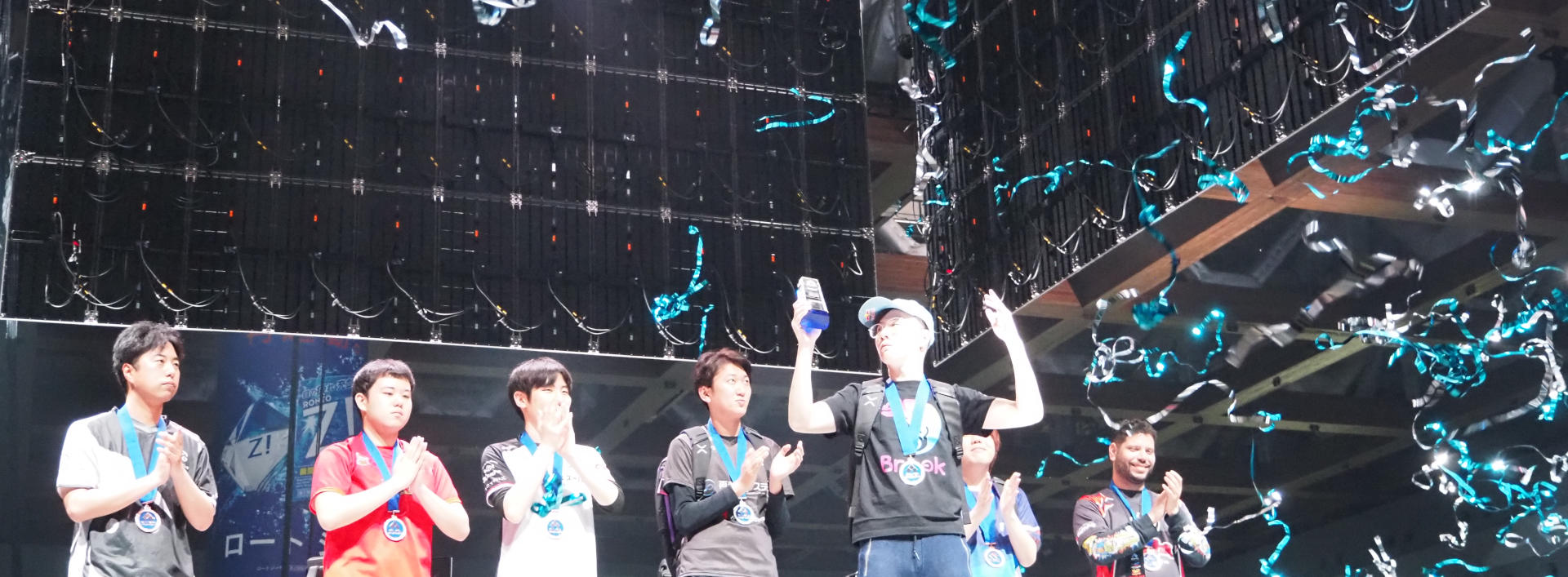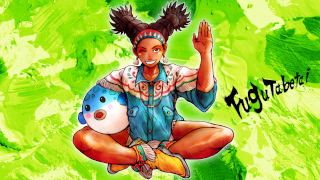A few weeks ago, I finished reading Wataya Risa’s second novel, 『蹴りたい背中』 (“The back I wanna kick”). For me, it was a minor milestone: it was the first Japanese novel that I have read in Japanese. I’ve studied the language for about seven years on and off, but since I’m a compute scientist by trade Japanese isn’t something that I’ve focused on. Now that I’m living in Japan, a lot of what I do at work is in Japanese, and I thought it was important to try to improve my proficiency with Japanese. On Benkei’s suggestion, I started to read his copy of Keritai Senaka. It took me a long time, but I finally finished it.
Now I want to give a review of the book. In all honesty, I was quite surprised because I was not impressed with the book. It won the 2003 Akutagawa Prize for literature, so I was expecting great things. I’ve since heard a lot of talk about the prize being engineered by publishers as a public relations move. In 2003 the winners were both very young, 18 and 19 I believe, and cute young women, which publishers felt would interest youth in reading. I believe that they did get some positive effect from that move, but I was still disappointed with the book. Warning: plot spoilers follow!The basic story can be easily summed up in a few sentences: The main character, an isolated freshman in high school, disdains the people around her. There is only one other student who is as isolated (Ninagawa, a young boy) who is obsessed with a fashion model named Oli-chan, with whom the protagonist develops some sort of friendship. While it is implied that she likes Ninagawa, but due to his obsession with Oli-chan and inability to relate to people, in the end nothing happens (literally.)
There are a lot of things that I think are problematic about this book, but here are my main complaints:
- Little character development on the main character’s background. I don’t even remember her name. Why is she so misanthropic? Why does she not try to break out of the isolation she has put herself into when given the chance? It is clear that she doesn’t like the isolation, despite her protests.
- Very little happens in the book. The main memorable scenes are from the very opening, when our protagonist meets the fashion model Oli-chan by chance, and from the very ending, when Ninagawa, the protagonist, and an acquaintance of hers go to Oli-chan’s concert. Otherwise, the entire story is basically the protagonist complaining about the other students at the school, complaining about how she doesn’t fit in, or fleshing out the depths of Ninagawa’s obsession.
- It isn’t clear to me what is the message of the book.
- Very unappealing characters. Of the two characters that are the main focus of the book, one is a depressing recluse that can’t relate to people, and the other is a possibly self-ostracized outcast whose motivation is unclear.
Of course, a lot of this could be due to my understanding of Japanese, but I don’t think that is the case.
I thought that I would write a bit more in detail about what happened in the book, but thinking back, even the scenes that I do remember don’t have much to do except establish some of the character traits I’ve listed above. Anyway, I do not recommend this book. From my friends I’ve heard that Wataya Risa’s first book, Install, is much better. I’ve bought that and should get arond to reading it eventually as well.

Leave a Reply